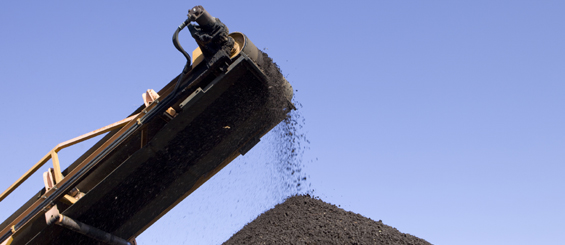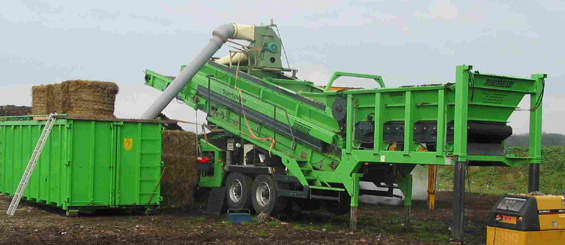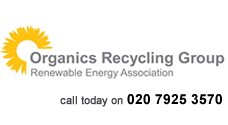Adverts
EU End-of-Waste Criteria for biodegradable waste: update
European Compost Network (ECN) asked all their members to encourage their Director/ Head of Unit and Minister in charge of waste management in their countries to put in a written submission to the European Commission in support of the EU EoW for composts and digestates.
REA is not planning to follow these instructions, and the main reasons for this decision are:
⢠If the JRC-IPTS EoW proposals for composts and digestates are adopted, there are likely to be considerable additional costs incurred by operators (see details below).
⢠The additional costs are likely to discourage industry participation and to result in less feedstock beneficially recycled.
⢠Some of the proposed limit levels are more stringent than the existing levels within PAS 100 and PAS 110, which means that some composts and digestates currently certified under our certification schemes may fail to comply with the EU EoW criteria.
⢠Some of the proposed limit levels are less stringent than the existing levels within PAS 100 and PAS 110: this may result in the loss of market confidence if these were adopted in preference to the existing levels currently accepted (see below for further details).
⢠The UK has an established and working EoW position in place with the existing PAS 100/110 certification schemes and their associated Quality Protocols.
Examples of proposed additional cost burdens:
⢠The Joint Research Centre (JRC) has proposed that all samples submitted to laboratories for testing would need to be taken independently during the recognition year. During the following years independent sampling frequency would be reduced to 50% of all yearly samples. The costs of such a requirement would be passed on to the operator and result in a higher compliance overhead.
⢠There will also be a requirement to test composts and digestates for Polycyclic Aromatic Hydrocarbons (PAHs); this would add additional costs to all samples submitted and the cost burden would also fall to industry.
Some testing and limit level changes:
⢠The proposed limit level for Zinc is 600 mg/Kg dm, which is higher than the existing UK limit level.
⢠The proposed limit level for lead is 120 mg/Kg dm, which is lower than the current levels set within the existing PAS 100/110 standards.
⢠The proposed weed seed limit of 2 seeds / litre of compost or digestate is greater than the zero tolerance allowed within the existing PAS standards and would undermine confidence in end markets.
⢠The limit levels for PTEs are expressed on a dry matter basis, which may represent an issue for liquid digestates.
Please let Kiara at REA know by Thursday 14th November if you disagree with our position (kiara@r-e-a.net, 07717 294793).
Last update: 12/11/2013
visitor comments
Members' Area
Become a Member!
Join the Organics Recycling Group at the Renewable Energy Association by clicking below.
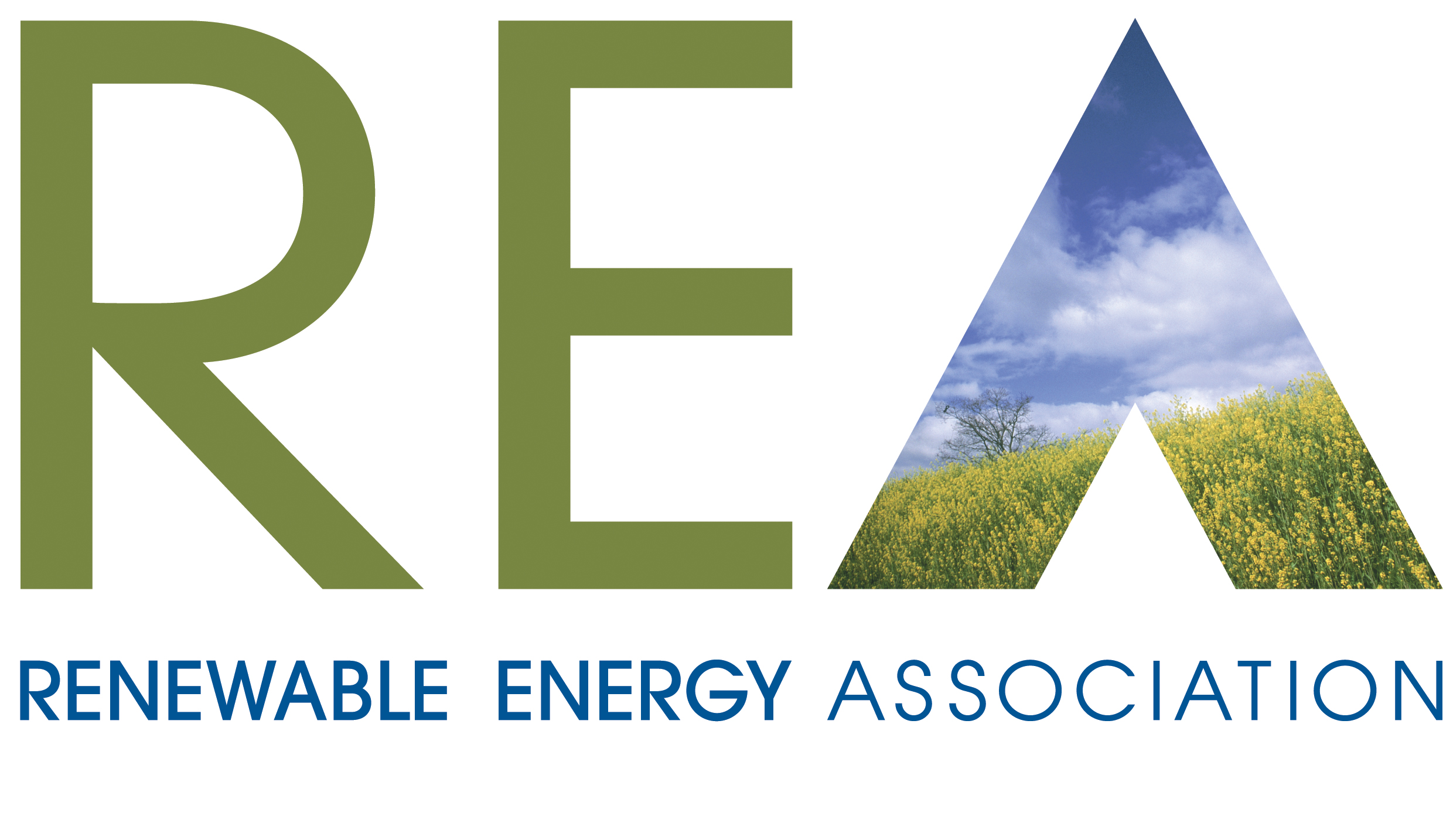



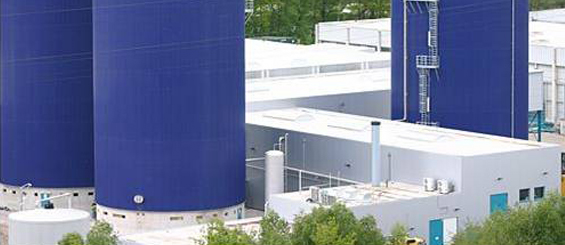
.jpg)
